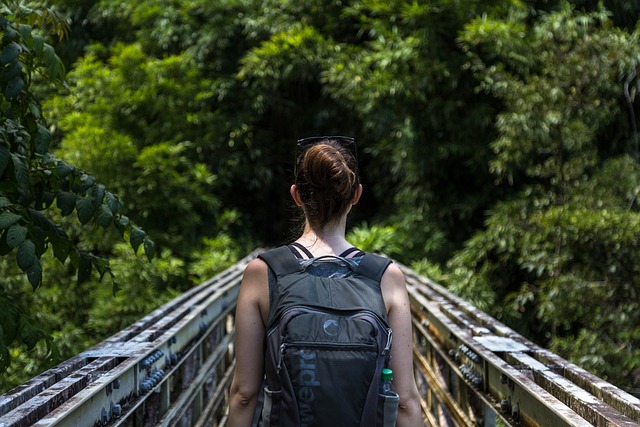When selecting a route for an overnight backpacking trip, there are several important factors to consider, including the trail’s difficulty, the distance, the elevation, the weather forecast, and the availability of water and campsites.
The difficulty of the trail: The first factor to consider is the difficulty of the trail. Some trails are well-maintained and easy to follow, while others may be more challenging and require more experience and skill. Take into account your knowledge, fitness level, and the experience of anyone joining you on the trip. Choosing a trail appropriate for your abilities is essential, as a challenging trail can be dangerous if you are not prepared.
Distance: Another essential factor to consider is the distance of the trail. It’s crucial to select a trail that is appropriate for the amount of time you have available. Consider the time you will need to complete the trail, including time for breaks, rest, and setting up camp. Also, think about when you will need to pack up and leave the campsite in the morning. It’s better to overestimate the time you need so you don’t rush or feel rushed.
Elevation: The elevation of the trail is also significant to consider. A steep, high-elevation trail can be challenging and require more experience and conditioning. If you need to get used to hiking at high elevations, starting with a lower-elevation trail is best and gradually working your way up.
Weather forecast: The weather forecast is also important to consider when planning your trip. It’s essential to be prepared for various weather conditions, including rain, wind, and hot or cold temperatures. Check the forecast a few days before your trip and pack accordingly.
Availability of water and campsites: It’s also important to consider the availability of water and grounds along the trail. Make sure that there are reliable water sources along the trail and that you have a water filter or purification system. Also, check if there are designated campsites along the trail and if you need a permit to camp there. It’s also essential to know the rules and regulations of the place you’re visiting and be aware of the Leave No Trace principles.
Finally, it’s a good idea to research the trail beforehand by looking at maps, reading trail reviews and trip reports, and talking to other hikers or rangers who have experience with the trail. That will help you to be more prepared and make the most of your overnight backpacking trip.
